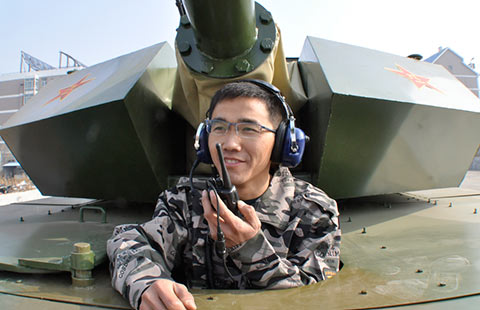Medical reform in crucial stage
China's ongoing medical reform has already entered its most difficult stage, Minister of Health Chen Zhu said on Tuesday.
He made the remarks at the launch of the China-World Health Organization Country Cooperation Strategy 2013-15.
The strategy outlines a medium-term framework for cooperation between the Chinese government and the WHO to improve the health and well-being of Chinese people.
"By 2015, when all county-level hospitals are reformed, the program will be expanded to large city hospitals, which will be very difficult," Chen said.
As China has nearly achieved universal healthcare by covering about 95 percent of the population under some form of health insurance, reforms to public hospitals will be on top of the working agenda, he said.
The essence of the reform is to cut public hospitals' financial dependence on drug sales, a mechanism that easily results in excessive examinations and prescriptions, health policy experts said.
Zhang Liming, deputy director of the WHO collaborating center for primary healthcare in Shanghai, said the reform is aimed at improving public access to affordable medical care at public hospitals.
"Public hospitals should serve as a base providing essential healthcare to the people rather than a profiting institution," he said.
However, finding a proper way to compensate them is crucial, Zhang pointed out, proposing government support.
According to Chen, by the end of the year, about half of the nation's county-level public hospitals will be reformed and for that, the government would largely subsidize their operation.
At present, 70 percent of the nation's population, mainly farmers, get medical care at county-level hospitals, the Ministry of Health said.
Given that county-level hospitals are relatively small and totally subject to the control of health administrations, "they were chosen as the starting point of the reform", explained Wu Ming, assistant director of the Peking University's Health Science Center.
"The reform will surely reach large hospitals in cities by 2015 when all county-level ones finish it," Chen vowed, urging more support from large hospitals for the reform.
As sporadic experiments, several major hospitals in cities such as Beijing and Shenzhen launched the reform in July, previous reports said.
Under the pilot program, the long-established 15 percent markup on drugs was scrapped while the fees for seeing the doctor were raised.
"That's more like a restructuring to the insurance payment pattern," Zhang explained.
In fact, the government didn't pay extra for the change, he added.
"The annual revenue of large hospitals usually amounts to hundreds of millions yuan, and that's impossible for the government to absorb," he said.
Huang Jiefu, vice-minister of health, said the success of China's medical reform lies in medics' hands, thus it's important to find ways to compensate their potential losses and encourage their enthusiasm for work.
Contact the writer at [email protected]























